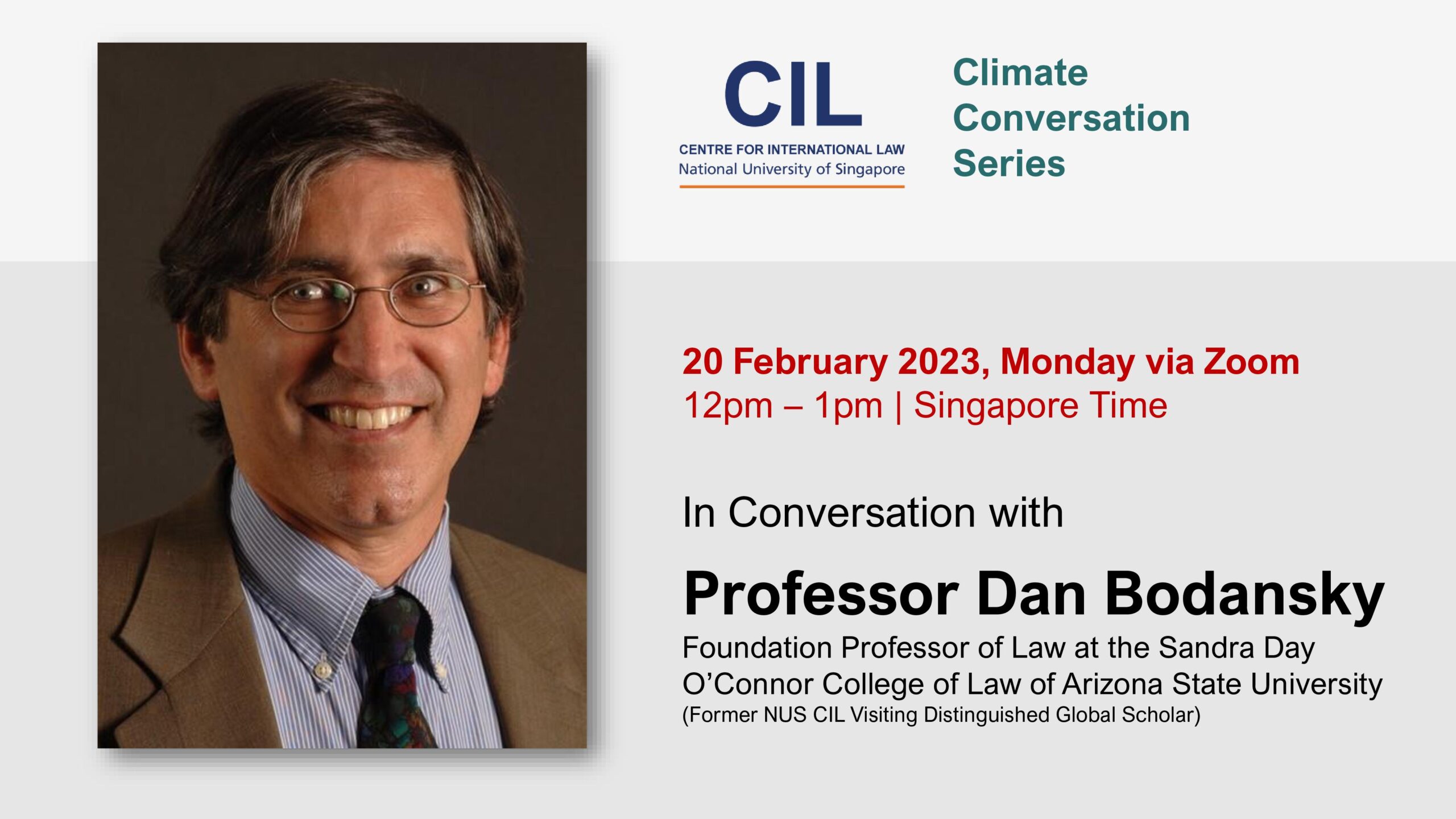Venue
Start
End
Time
Faced with the growing threat of climate change, the potential of climate geoengineering, defined by the Intergovernmental Panel on Climate Change (IPCC) as “a broad set of methods and technologies that aim to deliberately alter the climate system in order to alleviate the impacts of climate change” is growing in popularity in recent years especially since the IPCC has stated that limiting warming to 1.5℃ would require carbon dioxide removal at a rate of 6 GtCO2 per year by 2050. At present, the IPCC only acknowledges Carbon Dioxide Removal Technologies, including carbon capture, use and storage (CCUS), as a special type of mitigation and does not recognize and even warns against other types of climate geoengineering, such as solar radiation management, stating that these technologies are still too risky and insufficiently understood.
Despite this, there are many ongoing climate geoengineering projects of various types, range, and size despite there being no overarching international agreement that governs its deployment. This presents a significant gap in international law considering the risks presented by these technologies which include the uncertainty of impacts, possibility of transboundary harm, termination shock, and a false sense of security, among others. Rapid mobilization of CCUS technologies also brings up various environmental concerns including increased risk of ocean acidification from leakage and disruption of marine biodiversity.
Join us for an online fireside chat with Prof. Daniel Bodansky as we discuss the who, what, and wherefore of geoengineering governance, its legitimacy, and scenarios for analysis.
GUEST SPEAKER
Professor Daniel Bodansky
Professor Daniel Bodansky is a Foundation Professor of Law at the Sandra Day O’Connor College of Law of Arizona State University. He is a preeminent scholar and expert on climate change and international environmental law. He is also a prolific and celebrated author on these topics and has published numerous articles on geoengineering governance.
WELCOME REMARKS
Dr Nilüfer Oral, Director, NUS Centre for International Law
MODERATOR
Danielle Yeow, Lead, Climate Change Law and Policy, NUS Centre for International Law


